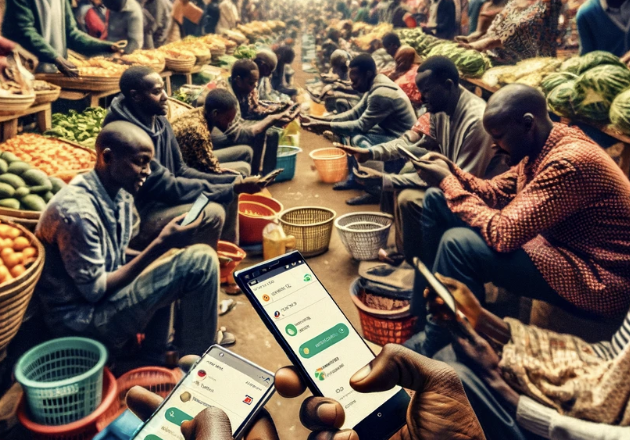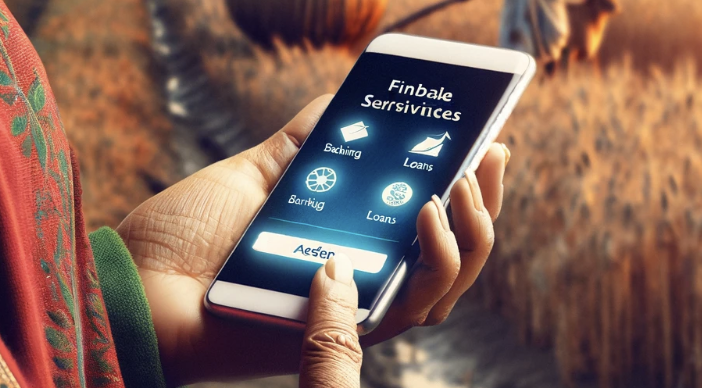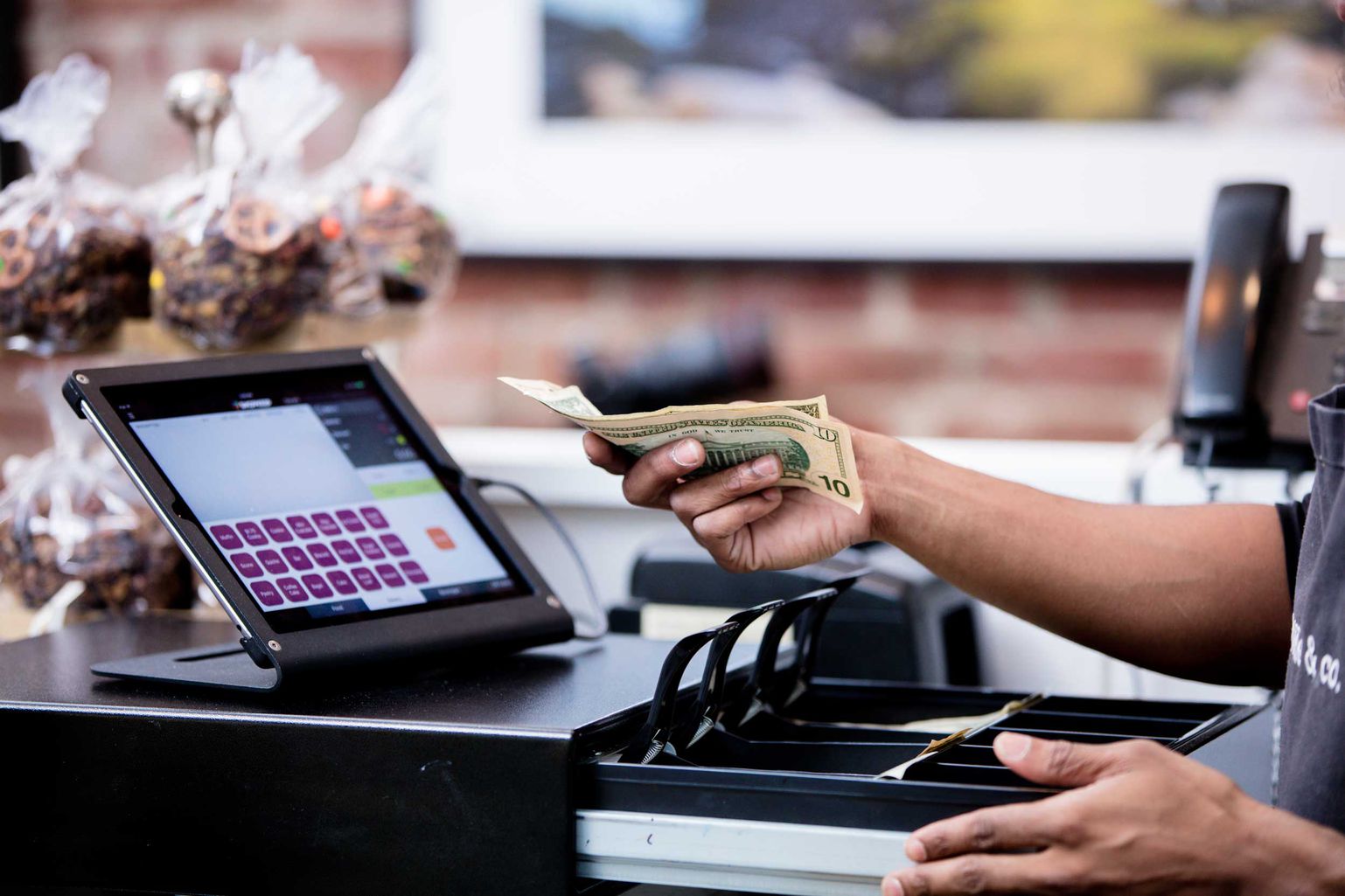In the shadow of the global financial system, a revolution is quietly underway. It's not happening on Wall Street or in the boardrooms of multinational banks but in the markets of Nairobi, the streets of Dhaka, and the villages of rural India. This revolution is mobile money, and it's transforming lives by bringing financial services to the billions of people worldwide who lack access to traditional banking. This article explores the rise of mobile money, its impact on financial inclusion, and the future it heralds for a more inclusive global economy.
The Rise of Mobile Money
Mobile money is a technology that allows people to receive, store, and spend money using their mobile phones. It's a simple concept with profound implications for financial inclusion. In many parts of the world, traditional banking infrastructure is sparse or non-existent. Mobile money bypasses this barrier, leveraging the ubiquitous presence of mobile phones to bring financial services directly to the people.
Impact on Financial Inclusion
The impact of mobile money on financial inclusion cannot be overstated. For the first time, millions of people have access to a safe place to store their money and a convenient way to make transactions and pay bills. This access is not just about convenience; it's about security, empowerment, and economic participation. Mobile money has also spurred a wave of innovation in financial services, from micro-insurance to savings products tailored for the unbanked.

The Future of Mobile Money
As mobile money continues to evolve, its potential to transform the financial landscape grows. With advancements in blockchain and digital identity technologies, mobile money systems are becoming more secure and efficient. Furthermore, the integration of mobile money with traditional banking and digital finance platforms is bridging the gap between the formal financial system and the informal economy, opening up a world of possibilities for economic inclusion and growth.
.
Challenges and Opportunities
Despite its success, the mobile money revolution faces challenges. Regulatory hurdles, interoperability issues between different mobile money platforms, and the digital divide are significant barriers to its expansion. However, the opportunities outweigh the challenges. With continued innovation, collaboration between governments, mobile operators, and financial institutions, and a commitment to financial literacy and consumer protection, mobile money has the potential to bring about a more inclusive and prosperous global economy.





